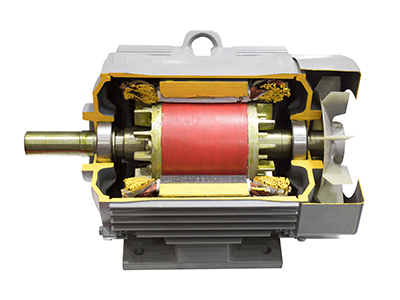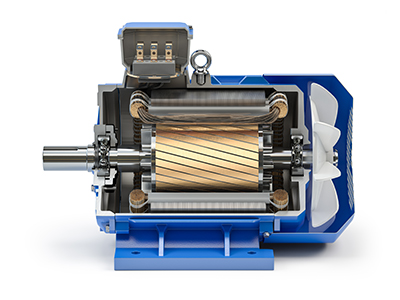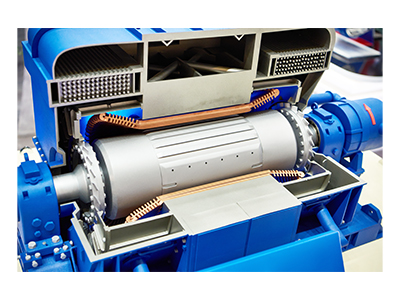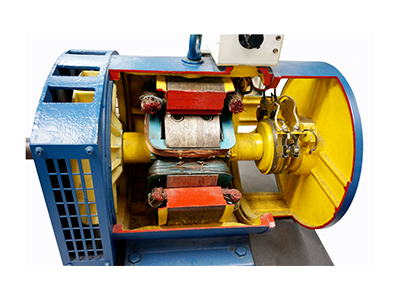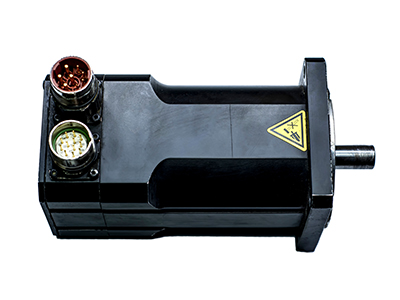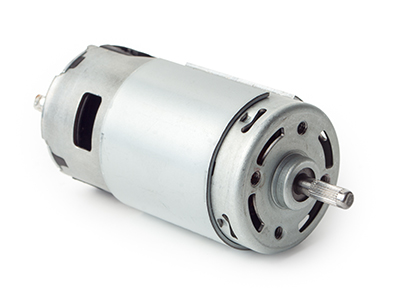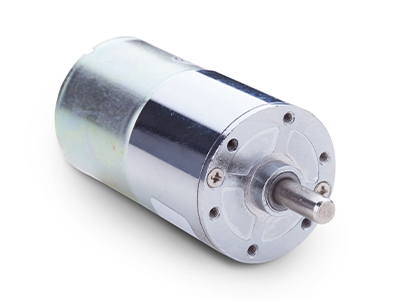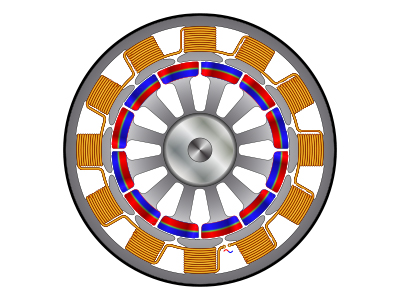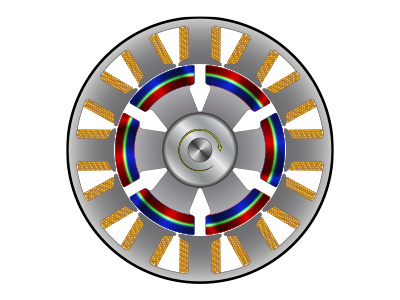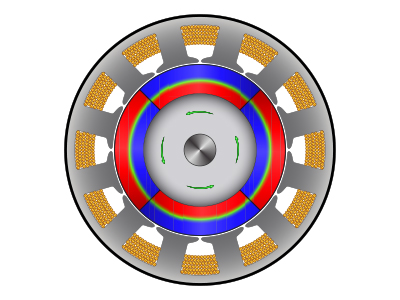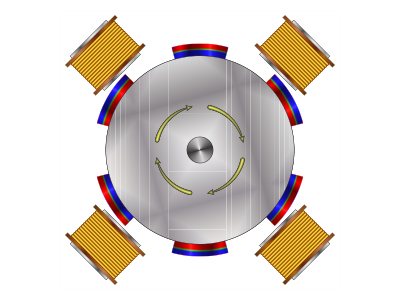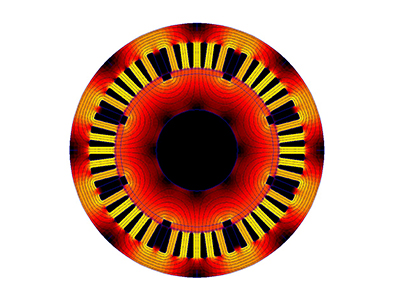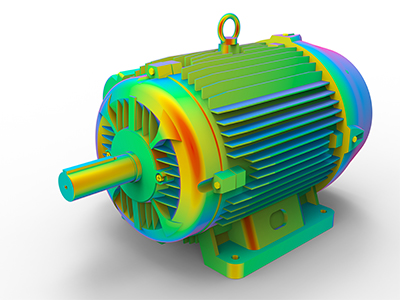Reliability Testing
Environmental Stress Screening (ESS):
Is the process of screening a product (example (e.g): electronic circuit card assembly) for manufacturing defects during product development phase and eliminating such identified manufacturing defects before product deployment.
ESS screening defects are considered infant mortality failures.
Thermal Cycling Test (TCT):
Is a high accelerated life testing of a product (e.g: electronic circuit card assembly, Line Replaceable Module (LRM), Line Replaceable Unit (LRU)) that is administered to determine the product design limits.
The product is inserted into a thermal chamber andd subjected to extreme hot (e.g: 200 ⁰C) and cold (e.g: -55 ⁰C) temperature cycling operations for a specified duration.
The product operational performance parameters are observed and recorded during test.
Test results are utilized to determine (or assess) the Product Design reliability.
Random Vibration Test (RVT):
RVTs are performed to assess a product design susceptibility to vibration stresses.
Vibration stresses will induce stress fractures that would expose the inherent weakness of the product design (e.g: a dielectric fracture of a Class 2, Multilayer Ceramic Capacitor (MLCC) causing an electrical arc fault condition).
RVT are administered in three dimensional plane axis (e.g: x, y, z) and at a specified root mean square acceleration (Grms) value.
Grms denotes the energy specification of the RVT.
High Accelerated Life Test (HALT) / High Accelerated Stress Screen (HASS):
HALT:
Is a stress testing methodology for enhancing a product reliability in which prototypes are stressed to a much higher degree than expected from actual use in order to identify weaknesses in the design or manufacture of the product.
HASS:
Is performed during manufacturing on production products or components. It is a screening method used to expose manufacturing defects that would cause a failure in normal field environments including shipping, storage and use.
HASS is an extreme version of ESS.
HALT/HASS combines ESS, TCT and RVT testing methodologies into one test.
Field Testing:
Is the process of testing a product in the field for a specified duration to assess product reliability performance under field environmental conditions.
Field testing recommendations are based on the product reliability analyses (e.g: Product MTBF) and historical field reliability performance.
Product reliability analyses and historical field reliability performance are scaled to establish the Product Field Reliability objectives (e.g: Product Field MTBF).
Field testing reliability is verified (or considered successful) when the Product MTBF demonstrates compliance with the Product Field MTBF during field testing.
Product Qualification:
Reliability testing is part of the Product Qualification process.
The objective of Reliability Testing is to enhance product reliability by proactively finding and fixing product design weaknesses before product deployment.

